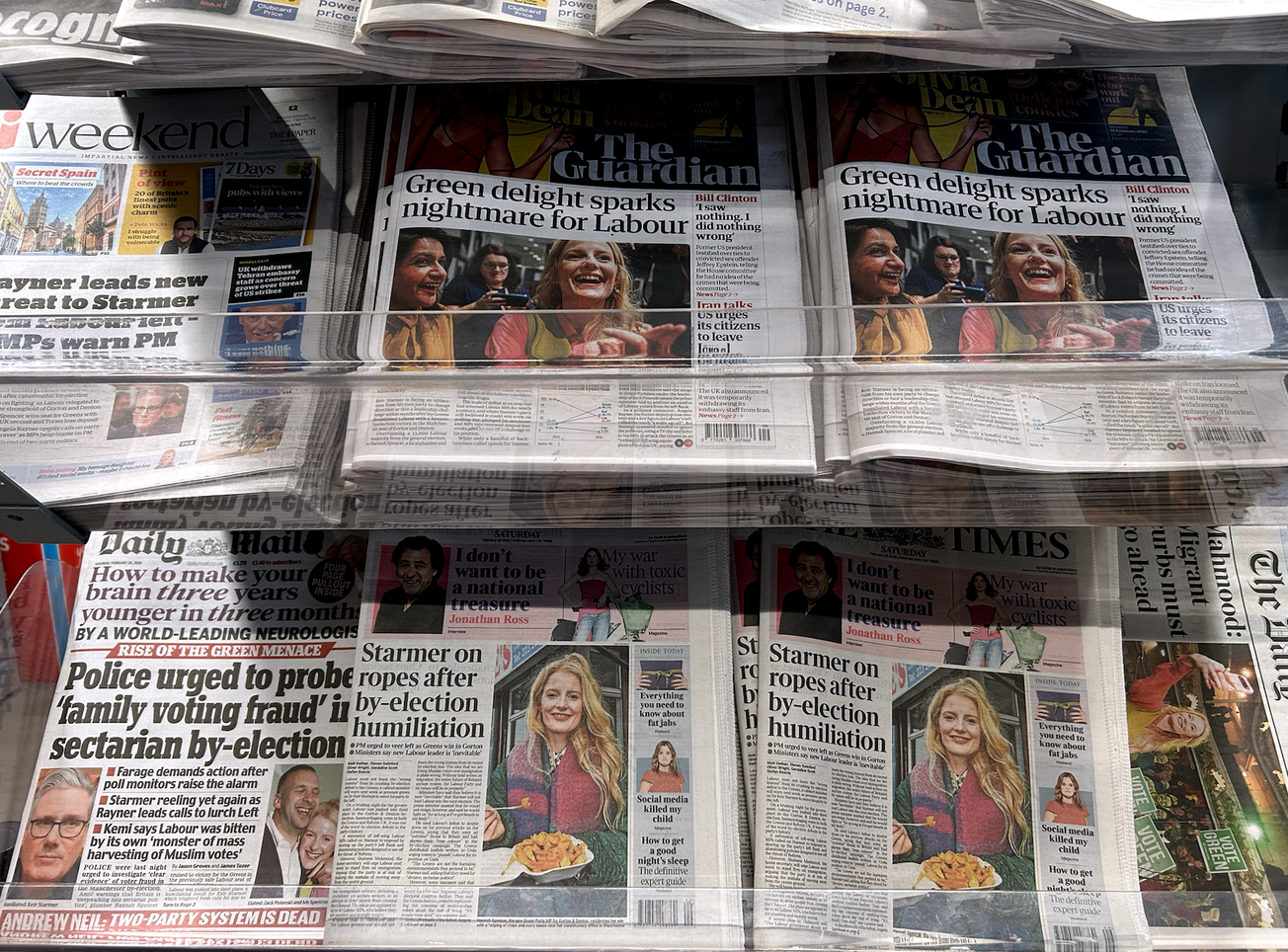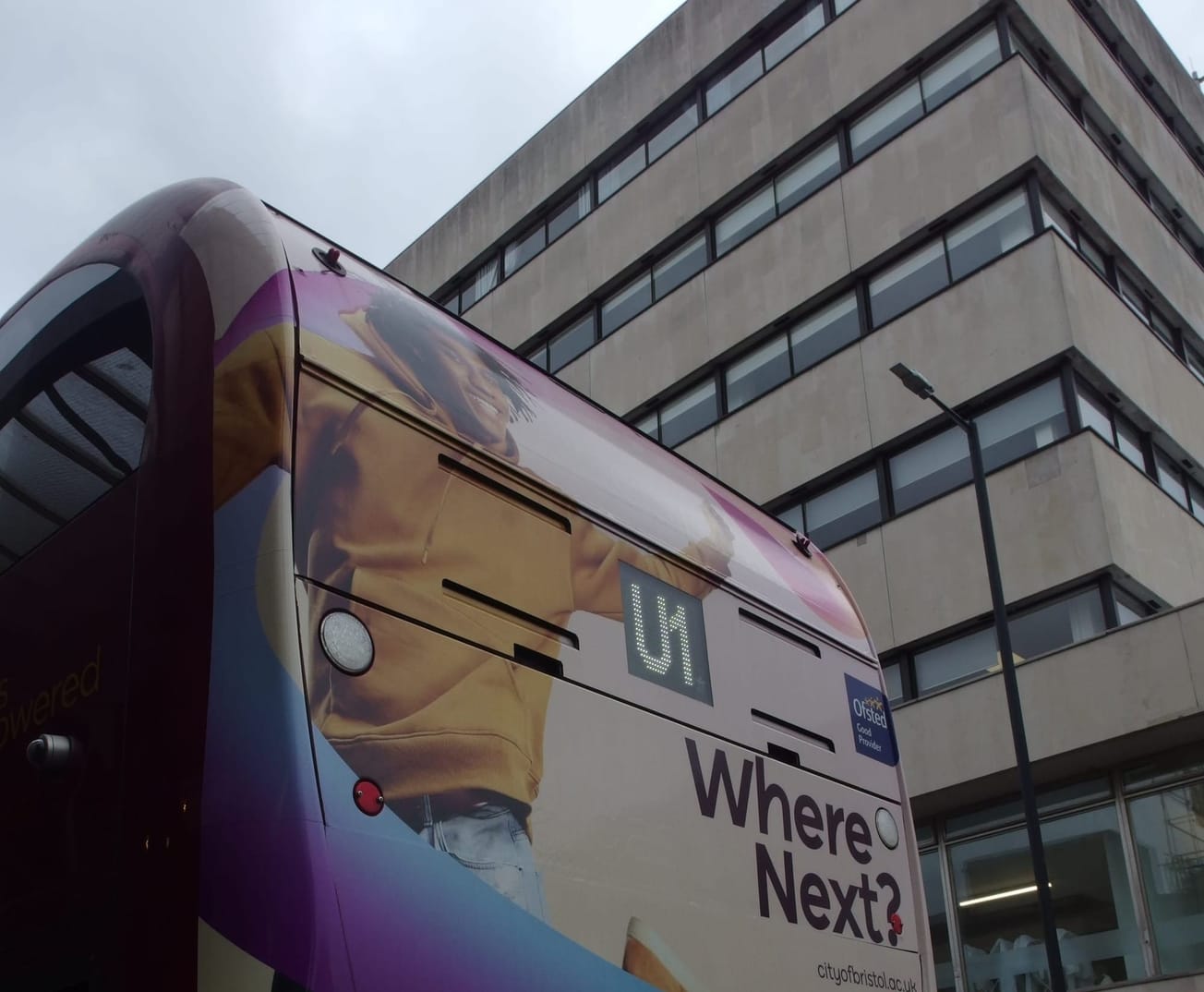By Emily Brewster, Third Year, History
Still just about in our salad days, my peers should embody the youthful optimism that inevitably dissolves with age. Instead, the last fourteen years have trampled that out of Britain’s young adults and we have been left apathetic, distrustful, and politically faithless from enduring Tory crisis after Tory crisis.
Whilst Labour’s Keir Starmer knows this, he can’t quite grasp how to rebuild the young voter’s trust. And it's pushing many towards abandoning their vote altogether.
A few weeks ago I was almost giddy as I watched Rishi Sunak’s bleak attempt to appear strong and distinguished as he became increasingly sodden on 22 May, calling a summer General Election.
Despite the 1997 General Election taking place four years before I was born, ‘Things Can Only Get Better’ blasting from outside the gates of Downing Street was not lost on me. The message still resonates just as strongly as it had for Labour’s supporters then. Surely things could only get better for my generation. Change was coming.
Why did it take Rishi Sunak so long to suspend his candidates accused of betting on the election before it was announced? pic.twitter.com/egDSXpfmH5
— The Labour Party (@UKLabour) June 25, 2024
Speaking to peers at universities like Bristol has since put my delight about a change in government through the wars, against an almost unanimous pessimism that has become the order of the day in young peoples’ politics.
Keir Starmer has spectacularly missed the mark for approval in my demographic – that is politically engaged students and university graduates, battered and betrayed by our country’s leaders.
I have always viewed Starmer with a degree of reverence, a rare politician with some decency and normality in his past. With a CV denoting a remarkable career in human rights law, blocking sentences of capital punishment internationally, he already had more respect in my eyes than Sunak, who floated from public school to Oxbridge to Goldman Sachs.
'Keir Starmer has spectacularly missed the mark.'
Whilst such a profile does Starmer an undeniable credit, there is an equally undeniable claim amongst young people; he does not care about the 18–24-year-old voter as much as he should.
And, some might argue, why should he?
This age group has a consistently low turnout in general elections in the UK, the British Election Study finding barely 50 per cent of under-25s placing a vote in 2019. Since then, as our politicians are aware, young people have only become more disillusioned, and therefore less likely to engage with their policies.
A new poll this week has found 37 per cent of their sample of Britons aged between 18 and 34 years old have already decided they ‘wouldn’t vote’, indicating the lowest voter turnout in British election history. Even friends of mine with a normally fervent interest in politics are contemplating abstaining, conflicted about backing a party they simply do not trust; which is all of them.
🚨 BREAKING: Labour leads Reform UK by 23 points
— Politics UK (@PolitlcsUK) June 24, 2024
Labour 42% (–)
Reform UK 19% (–)
Conservative 18% (–)
Lib Dem 12% (+1)
Green 6% (+1)
SNP 3% (–)
Other 2% (+1)
Via @RedfieldWilton, 21-24 June
Changes w/ 19-20 June
Whilst it is logical for politicians to focus on reliable groups of voters, it does not paint a pretty picture for the future of British politics, as disengaged young people turn into disengaged older people.
In the Sky News interview last week, a young man in the audience articulated the feelings of Britain’s young people, denied the Brexit vote, and now thrust into an economy where the liberties of older generations - stable jobs, house ownership, reliable healthcare – have crumbled. He asked how Starmer, once elected, would reinstate ‘trust in our political institutions’. I waited with bated breath. This was Keir’s opportunity to present himself as a safe, trustworthy pair of hands.
He professed to stand apart from his political opponents in one respect: his ability ‘to listen’. My brow furrowed.
He then espoused Labour’s various pledges to improve the job and housing markets whilst entirely missing (or dodging) the real crux of the question - the question of trust.
'Take us seriously as voters, as people with political longevity, who urgently need politics they can trust in.'
Trust is a concept that our party leaders are struggling to understand through this campaign. They cannot comprehend that sweeping declarations of change, which literally any politician can cajole, are not enough to earn young British people’s trust. Not now things are so bleak.
Trust has become the defining force of this General Election. Who can be trusted to keep their promises, to turn things around for future generations? Dismally, those around me have no answer to this. Revealingly, and more dismally, is the latest YouGov poll placing Reform UK ahead of the Conservatives, some clearly seduced by the venomous populism of Mr Farage, a parasite in pre-election Britain, insidiously feeding off of desperation, distrust and pessimism of mainstream politics.
If our political leaders are not careful, this generation will continue to age with a suspicion of the state, disillusioned and distrustful of politics as a force for good. Between the frankly horrifying advances of Reform UK and the spiralling apathy of young Brits, the future of our politics is heading in a ghastly direction.
Keir Starmer must start taking the young voter seriously, earning their trust with sincere attention, and by actually listening, rather than just professing to and spieling more policy.
So please, Sir Keir, listen to us. Save twenty-somethings like me from descending into the abyss of apathy. Take us seriously as voters, as people with political longevity, who urgently need politics they can trust in.
Featured Image: Red Dot / Unsplash
Who will you be voting for on July 4?







